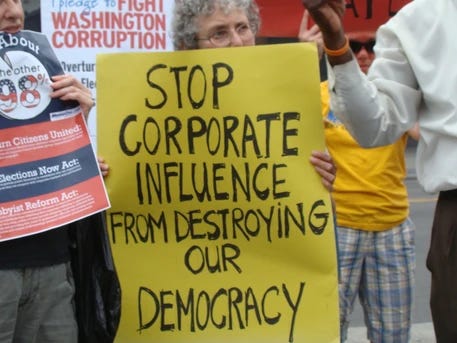Into the Void?
For years, news has struggled to adapt to the realities of the internet age.
For years, news has struggled to adapt to the realities of the internet age. Indeed, the last decade has proven to be catastrophic for journalism as a whole. From the rise of digital platforms, social media, and COVID-19, traditional news media organizations have suffered the largest losses in modern history. Local news has borne the brunt of it as media control and narratives were consolidated into the hands of corporate elites.
As the pandemic hit in 2020, some wondered if it would be the final death blow, leading to an “extinction-level event” for local newspapers and struggling news outlets, or if it would lead to a “reset and recommitment” to the civic mission of journalism.1
The civic mission is paramount. It’s why the first amendment to the US constitution states that “Congress shall make no law … abridging the freedom of speech, or of the press.”
With the closing of the Herald-Times, Steven Higgs, a veteran civic journalist, writes:
As I’ve long lectured to journalism students and anyone who would listen, it’s no coincidence that our democracy and journalism paralleled each other’s descent into the void, into these desperate times.
You simply can’t have the former without the latter.
Period.
Michael Rosenblum, one of our co-founders, has long said the same. “You can’t have a functioning democracy without a functioning free press.”
Unfortunately, we don’t really have a functioning free press. News deserts are growing, toxic social media companies are aligned with political parties and profit from radicalizing their users. Most of the political and social narratives that flood our screens are controlled by just six corporations. We will either successfully "reset” the news and journalism industry or watch it, and our democracy fall into the void.
That’s why we are doing what we’re doing.
UNPRESS is a revolutionary restructuring of the way news and journalism is created, produced, and disseminated. We can repopulate the landscape — shrinking news deserts while taking the narrative away from millionaire executives who feed off the polemic narratives they peddle. We can also build a more responsible social media environment that is less toxic and divisive.
This is not just an app or a platform. This is a movement.
If the current state of media bothers you and you have a passion to do something about it, then come, be part of the solution, be part of the movement. Become the UNPRESS.



